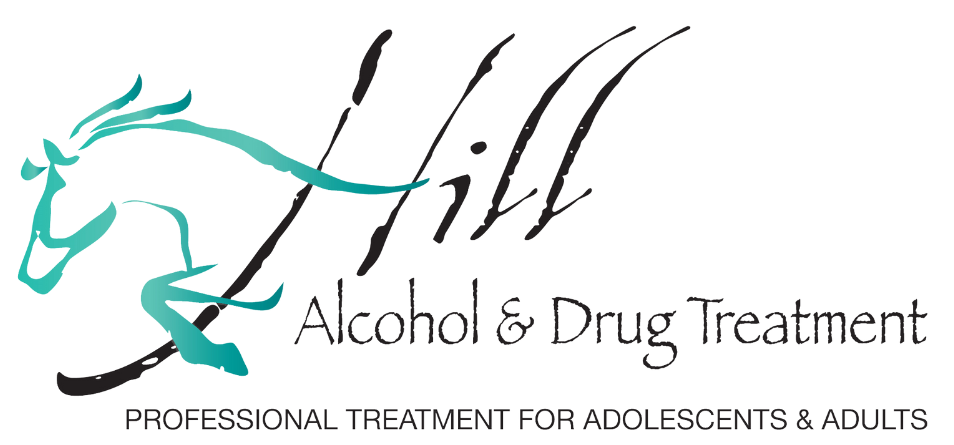Our Programs range from 3 to 6 hours a day, 3 to 5 days a week depending on the level of care needed.
Alcohol & Drug Interventions
Many people, by now, have seen the television show Intervention and been exposed to the basic concept of mobilizing the family to raise the addict / alcoholic’s “bottom”. While the show often reflects the highlights of an intervention, it is unable to capture the time, effort and emotional energy required to prepare for the actual confrontation.
Our interventionist’s job is to keep the task focused on the goal while helping members resolve the inevitable feelings of betrayal, anger, fear and hopelessness.
Day Treatment
For some, there are advantages to Day Treatment over inpatient or residential care. Attending a local program can help build clean and sober relationships in the patient’s home community. This support or recovery network includes peers, local 12-step meetings, our staff and others in recovery. These recovery connections also prevent a patient from becoming isolated, which can often occur with inpatient programs when they return home.
Patients can continue fulfilling daily responsibilities, i.e. work schedule & family life. The patient will receive all of the treatment aspects of an inpatient program, minus sleeping at the facility, thus achieving recovery in real time in their community.
Expert Witness & Legal Services
Charles “Rocky” Hill has developed a reputation for being able to clarify for juries the complicated realities of substance use, abuse and dependence. As a former juvenile parole officer who has also been in recovery from substance abuse since 1980, Rocky brings a level of credibility and street knowledge to the court that clarifies the nature of substance addiction treatment.
Court Assessments
The courts in Southern California rely on our expertise and competence to provide accurate court assessments for substance abuse disorders. Our reports include whether an individual meets the diagnostic criteria for a substance abuse disorder and, if so, what recommendations are appropriate for treatment and accountability.
Our process of evaluation begins with an in-depth interview of the client as well as significant others in their life. These others may include family, friends, counselors, physicians and even employers. Our process of evaluation relies on obtaining sufficient information until a clear, unbiased picture develops from which to make a recommendation.
Medical Director
At Hill Recovery, our Medical Director provides clinical leadership and guidance to ensure the highest standard of care. By overseeing treatment protocols, the Medical Director helps shape a recovery program that is safe, effective, and evidence-based. Their expertise ensures that each client’s health needs are carefully evaluated and addressed. This leadership role is central to maintaining the quality and integrity of our services. With a Medical Director actively involved, clients and families can feel confident in the level of professional oversight throughout treatment.
Psychiatric Nurse Practitioner (NP)
Mental health plays a critical role in lasting recovery, which is why we include a Psychiatric Nurse Practitioner as part of our team. The NP specializes in diagnosing and treating co-occurring mental health conditions, offering individualized support to clients who may struggle with depression, anxiety, or other challenges. By integrating psychiatric expertise into our program, we are able to provide a holistic approach that goes beyond addressing substance use alone. This ensures that clients receive well-rounded care that supports both mind and body.
On-Site Nursing
Recovery is a journey that requires continuous support, and our on-site nursing team provides exactly that. With 24/7 nursing coverage, clients benefit from round-the-clock care and supervision in a safe and structured environment. Nurses are available to monitor health, administer medications, and respond immediately to any medical needs that may arise. This constant presence offers both reassurance and safety for clients as they move through treatment. Having on-site nursing strengthens our commitment to providing a secure foundation for every step of recovery.
